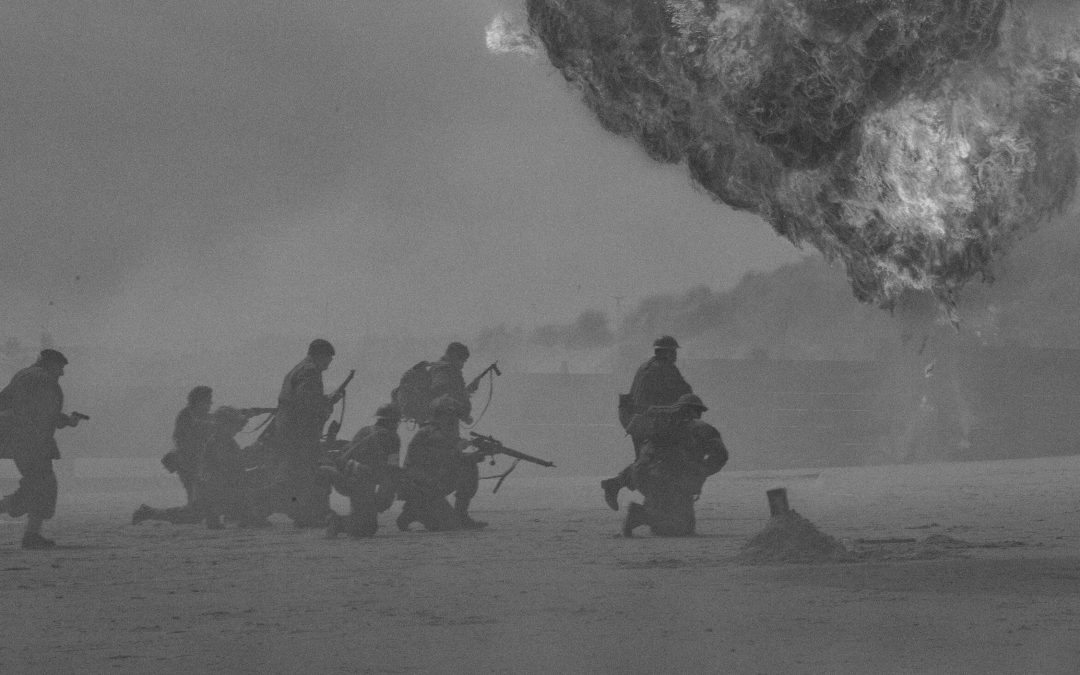Response by Dan Bergman |
According to the rabbi who taught me Hebrew, this was the ultimate show-stopping objection that he just couldn’t get past. Many others share that sentiment.
Rabbi Shmuley Boteach writes, “Do we live in a world where peace reigns, war is a distant memory, and disease, hunger, fear, and hatred area all eradicated? If Jesus was truly the Messiah Isaiah prophesied, the world would be a very different place.”1
Is there any credence to this objection? Was Jesus really supposed to bring about world peace as the rabbis object, or was there actually more to the Messiah’s biblical mandate? Shmuley quotes Isaiah 11:6-9 to prove his point, which describes the utopian like state of the Millennial Kingdom (which actually speaks of a time after the Messiah completes His entire redemptive task). There is so much I could say here, but will attempt to remain concise. All of the points I will mention below, flow from an incorrect view of the Messiah’s person and actions:
1. The Reigning King without the Suffering Servant
There seems to be a common tendency among the anti-missionaries to greatly downplay the idea of a suffering Messiah. Both Shmuley and my Hebrew teacher, as well as others who hold this objection, interpret Isaiah 53 to be speaking of Israel. See Mark Robinson’s article for an explanation of why this isn’t so. The passage that is often quoted regarding this objection (Isaiah 11:6-9) is removed from the greater context of the actions of the Messiah. He would be rejected by Israel as a nation, be killed before the destruction of the second temple, would rise from the dead, and eventually return to be recognized by Israel with great mourning. All of this is ignored by the “lack of peace” objection.
This rejects not only Scriptural teachings about who the Messiah would be, but also denies a historical Jewish understanding of the Messiah. It is a blatant attempt to discredit Jesus. Due to the incredible contrast between different prophecies about the Messiah’s coming, a teaching actually developed of two Messiahs, Messiah ben (son of) Joseph, and Messiah ben (son of) David. This teaches that Messiah ben-Joseph as the suffering Servant is typified by the patriarch Joseph and how Messiah ben-David as the reigning King is typified by King David. Passages like Zechariah 12:10 (which was examined in the previous article) have been interpreted by many rabbis within Jewish writings to be referring to Messiah ben-Joseph, who suffers and dies “prior to the ultimate redemption with the coming of Messiah ben-David.”2
World peace should not be expected without seeing the completion of God’s entire messianic time table. The Messiah first suffers and dies, rises from the dead, and later returns to usher in a kingdom of peace.
2. Israel’s Reception without Israel’s Rejection
This is a very important point that should not be overlooked. Interestingly, Jewish writings recognized that their expectant schedule of complete messianic redemption was delayed because of their iniquity.3 How can we expect peace when we have rejected the Prince of Peace, the Peace-giver? This is another point of the messianic mandate that is ignored by this objection. Isaiah 53:3 says, “He is despised and rejected of men; A man of sorrows, and acquainted with grief: And we hid as it were our faces from him; He was despised, and we esteemed him not.” This must be reconciled with the Isaiah 11 passage, or else we are looking for the wrong Messiah. Isaiah 11 doesn’t happen without Zechariah 12.
3. Peace in the World without Peace with God
In our world today we want money without work, benefits without employment, and reward without effort. The anti-missionaries would like us to believe that this utopian era of peace and prosperity can be achieved without an atonement. Isaiah said that “…the chastisement of our peace was upon him.” 4
When Jesus wept over His people rejecting Him, He cried, “…If thou hadst known, even thou, at least in this thy day, the things which belong unto thy peace! but now they are hid from thine eyes.” 5
If the chastisement Messiah provided is rejected, there is no peace. When He returns and is accepted by His people, then He will vanquish their enemies, and then “the earth shall be full of the knowledge of the LORD, as the waters cover the sea… and his [Messiah’s] rest shall be glorious.” 6
End Notes:
1. Shmuley Boteach, Kosher Jesus (Jerusalem, Gefen 2012), p.177
2. The William Davidson Talmud, Sukkah 52a
3. The William Davidson Talmud, Sanhedrin 97a-b.
4. Isaiah 53:5
5. Luke 19:42
6. Isaiah 11:9,10

